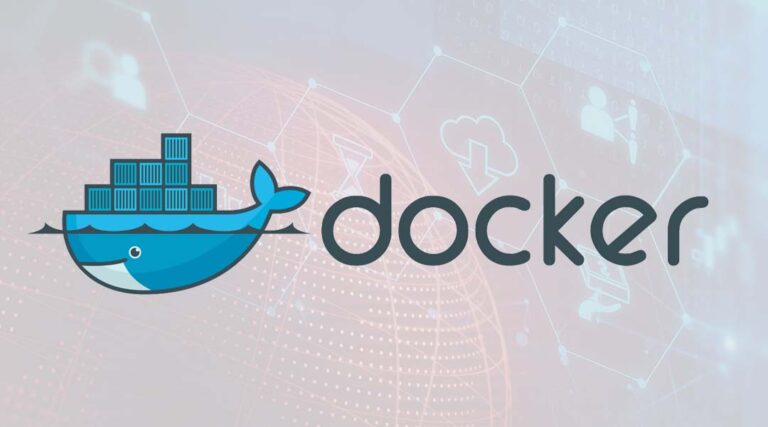
Docker has announced support for Windows Server 2019, and has pitched its Swarm container orchestrator as a halfway house for Kubernetes fans who really want to deploy Windows workloads right now.
To be precise, Docker said its Docker Enterprise container platform will support Windows Server 2019 Long Term Servicing Channel (LTSC) release and the Server 1809 Semi-Annual Channel (SAC) release.
It added, “As with all supported Windows Server versions, Docker Enterprise enables Windows Server 2019 and Server 1809 to be used in a mixed cluster alongside Linux nodes.”
The container firm has been shouting ever louder about its Windows support recently, developing a migration programme for companies with aging Windows apps, as Windows Server 2008 approaches end of life in 2020. Support for Windows Server 2003 ran out in 2015.
Docker’s pitch is that “By containerizing legacy applications and their dependencies with the Docker Enterprise container platform, they can be moved to Windows Server 2019, without code changes, saving millions in development costs.”
So, companies get to dodge their reliance on fossilized operating systems, while getting a breathing space to decide how exactly they’re going to deal with their equally antiquated applications.
Sticking with the future-proofing schtick, Docker also capitalised on Kubernetes’ apparent lack of Windows Server 2019 support, highlighting that Docker Enterprise 2.1 “supports both Swarm and Kubernetes orchestrators interchangeably in the same cluster.”
So, it continues, “While the Kubernetes community work to support Windows Server 2019 is still in beta, investments made today using Docker Enterprise to containerize Windows applications using Swarm can translate to Kubernetes when available.”
This might not seem like the biggest vote of confidence by Docker in its own orchestrator in the face of Kubernetes inexorable march. Still, Docker’s senior execs have previously insisted the fate of its own orchestrator was secure, albeit with Swarm positioned more as an onramp to the container landscape rather than the full superhighway.
